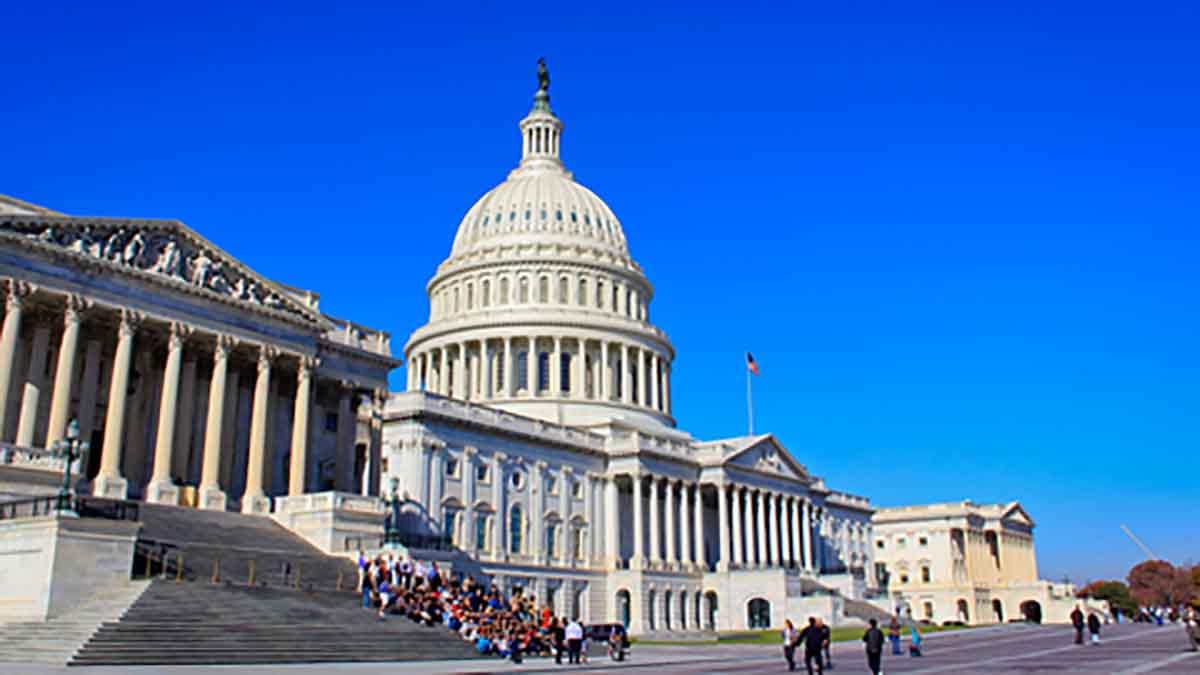Conducting Workplace Investigations
An employer has a duty to conduct a prompt and thorough investigation of alleged acts of harassment, discrimination, workplace violence, or when they...
1 min read
 Beth Touschner
:
Aug 23, 2022 10:13:19 AM
Beth Touschner
:
Aug 23, 2022 10:13:19 AM

The Washington law called the Silenced No More Act went into effect on June 9, 2022. The Act prohibits confidentiality, nondisclosure, and non disparagement agreements between employers and employees regarding conduct that an employee reasonably believes to be illegal discrimination, harassment, retaliation, a wage and hour violation, sexual assault, or against a clear mandate of public policy. The law repealed former RCW 49.44.210 and replaced it with RCW 49.44.211.
Some employers have wondered how, if at all, the new law impacts confidentiality during workplace investigations. This question is particularly noteworthy because former RCW 49.44.210 had a carve-out specifically addressing and permitting confidentiality during ongoing workplace investigations. It was commonplace for employers to instruct complainants, witnesses, and the accused to keep the substance of the investigation confidential. The new law does not mention investigations.
Under the new law, employers cannot enter into “an agreement” with an employee that requires the employee not to discuss conduct that the employee reasonably believes to be illegal discrimination, harassment, retaliation, a wage and hour violation, sexual assault, or against a clear mandate of public policy. This broad language likely encompasses most types of workplace investigations. Additionally, it is a violation of the new law for an employer to even request that an employee enter such “an agreement.” Employers are further prohibited from discriminating or retaliating against an employee who discloses such conduct.
Although an instruction or request to keep a matter confidential (as opposed to a request to enter into an agreement) appears to be permitted, employers should proceed with caution in this realm as the request could be misinterpreted. Internal investigators acting on behalf of the employer should not require investigation witnesses to sign an agreement maintaining confidentiality. Also, if a verbal request is made but not honored, employers should refrain from taking any adverse employment action against an employee for discussing what the employee reasonably believes is illegal discrimination, harassment, retaliation, a wage and hour violation, sexual assault, or against a clear mandate of public policy.
Penalties for violating the new law include liability in a civil suit for actual or statutory damages of $10,000, whichever is greater, and reasonable attorney fees and costs. Out-of-state employers with Washington resident employees must also comply with the new law.
Archbright members should contact the HR Hotline for more information about the new law.
To learn more about Archbright’s HR Hotline or find out other ways Archbright can help you, contact us at info@archbright.com.

An employer has a duty to conduct a prompt and thorough investigation of alleged acts of harassment, discrimination, workplace violence, or when they...

This article was originally published to the Archbright Blog on 5/25/21.

The National Labor Relations Board (NLRB or the Board) frequently reviews employer work rules in employee handbooks or other policies to determine...